Post supported by @ameracadpeds @CDC. Opinions are my own.
When I had my first son, I was in survival mode. In my childhood I had dealt with a lot of Adverse Childhood Experiences {ACEs} that I hadn’t really worked through yet, and I was the first of my friends to have kids so I had no idea what to expect and no one to turn to.
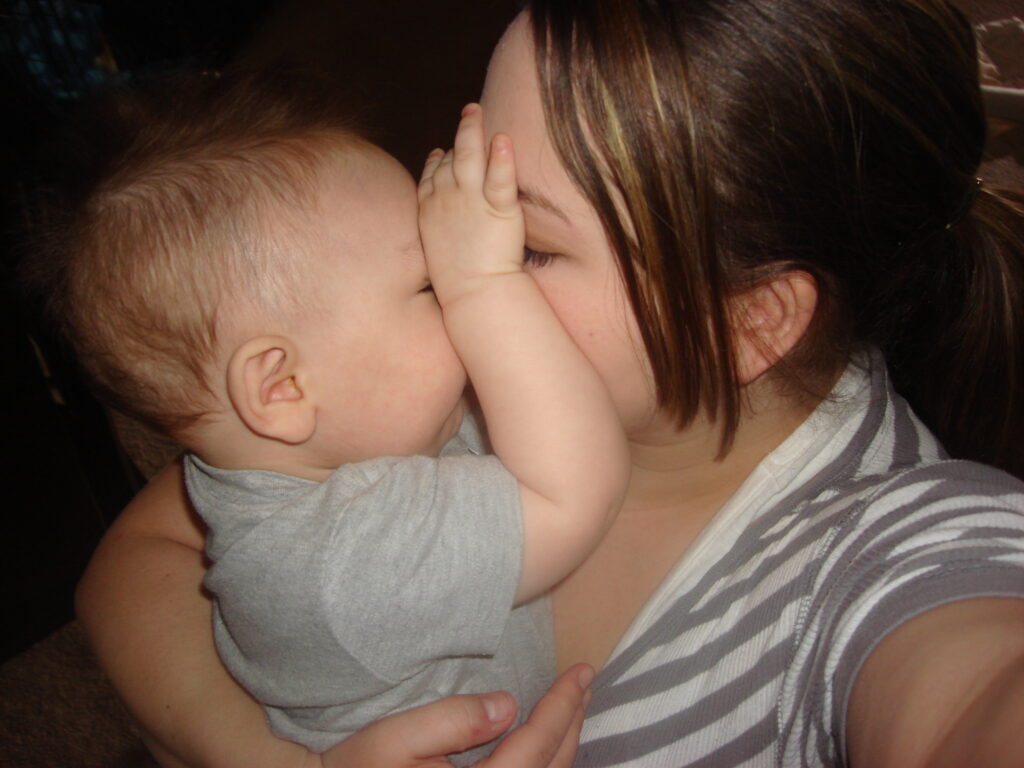
When my son was a couple of months old, I found myself going to classes offered at a local community center. They had a variety of classes- practical classes focusing on parenting skills, enrichment classes for my son, and even light-hearted classes like mommy & me exercise classes for me. Going to these classes, meeting other first-time parents of newborns and talking about everything our babies were going through was the first time I felt like maybe I could figure out this whole parenting thing.
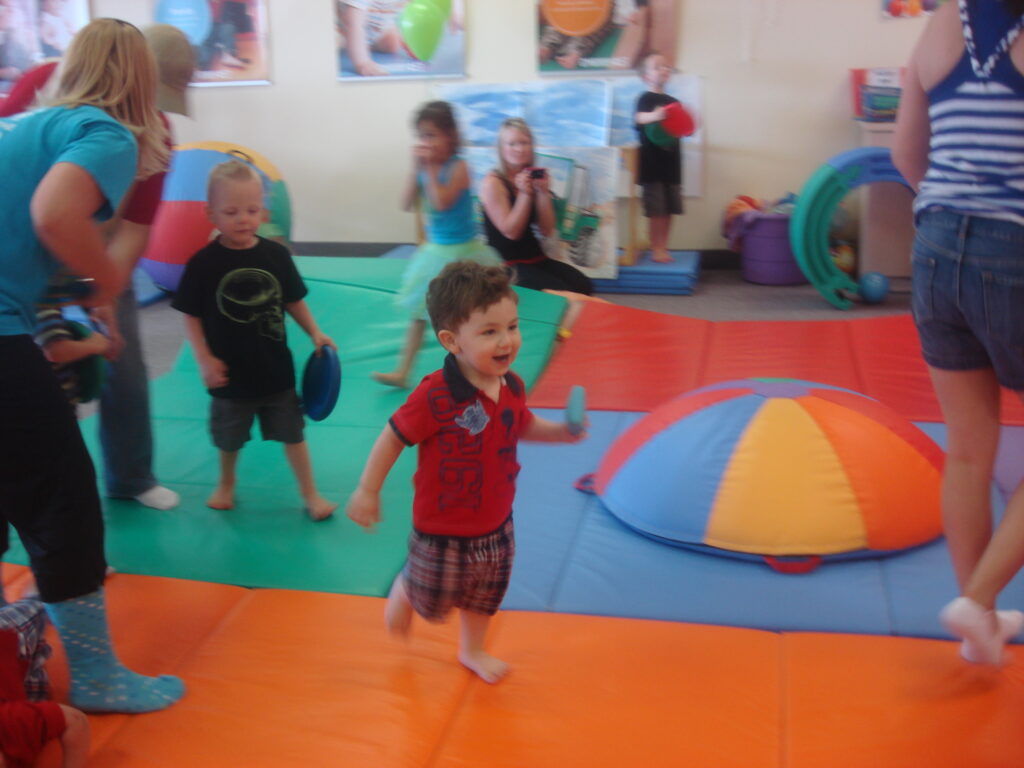
When my son was almost a year old, we moved to a different area of town and I stopped going to those particular classes. But I missed having a community who understood what I was going through, so I signed us up at a local baby play gym. We joined a class full of parents and babies right around the same age, and we found a whole community in the other parents and their kids. Many of those kids ended up being my son’s first true friends- and the parents of those friends were there to support me through all the changes that toddlerhood and bringing a second baby into the family brought.
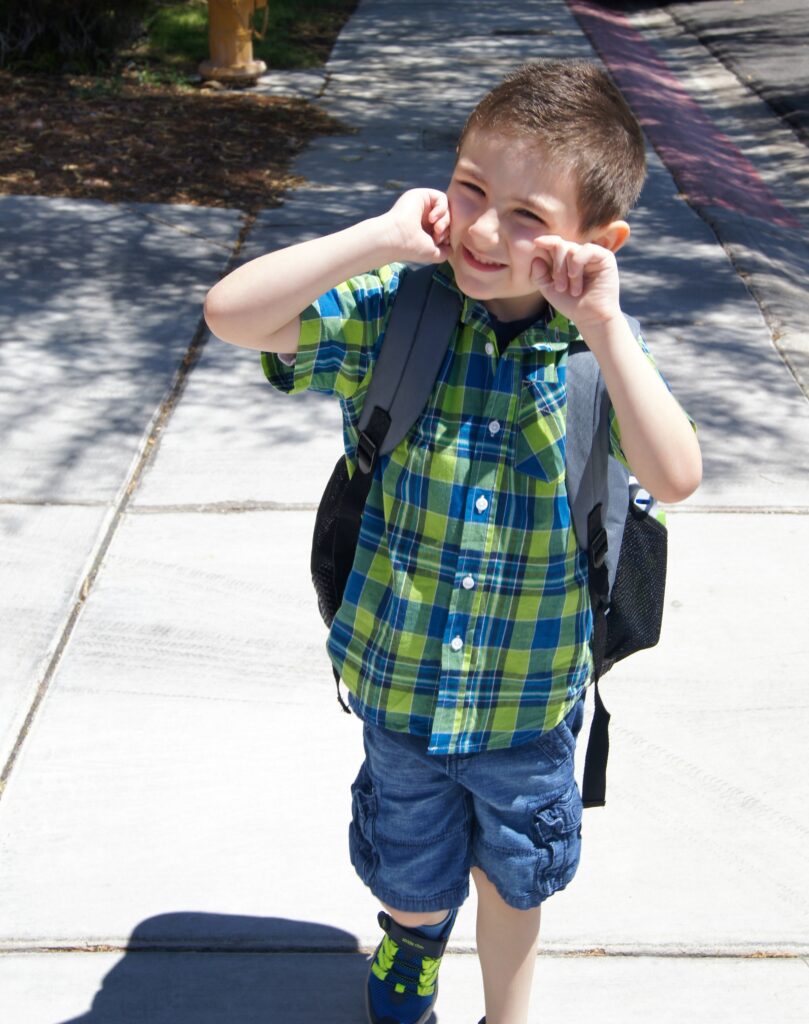
Once my older son started school, we found yet another new community there- between the amazing teachers, office staff, and other parents, we always had somewhere to turn. Both of my kids have always had adults looking out for them at school, so even when they’re having a tough day they have someone there to cheer them up.
We’ve been lucky in that my kids haven’t had to deal with any ACEs {so far}, but if something were to have happened we know we would have had support, which can make all the difference.
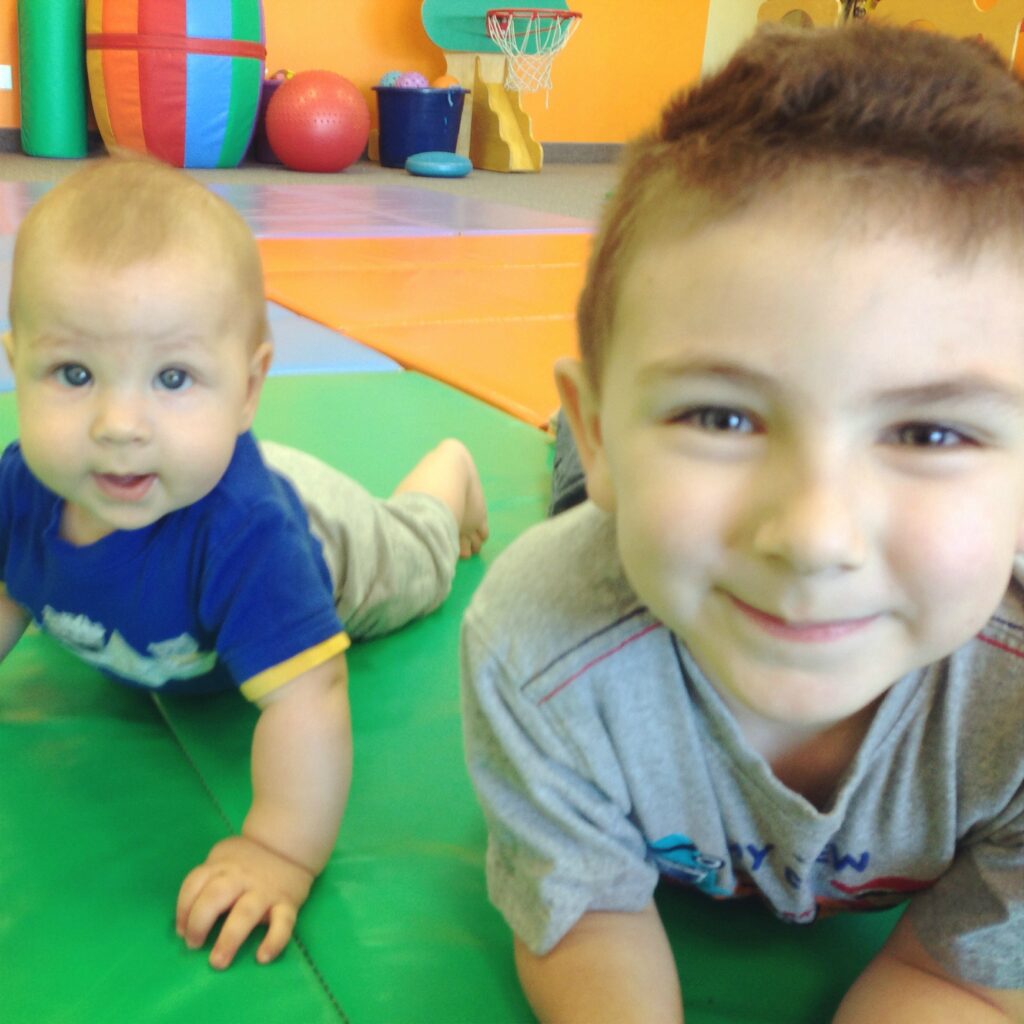
We have always had a support system even though we haven’t had to deal with tough times, because it’s so important to have one even when things are good. Not only is it great just because you can help each other grow and succeed, but also because it helps to know that if something were to happen suddenly or unexpectedly, you and your family would be supported.
As people, we need people, and it’s so important to make sure you know who your people are before you need them. Think about who you could turn to if you needed help, whether that be emotional support, resources, or someone to help make sure your kids were doing okay.
Even if you’re already dealing with some hard times and your kids are currently experiencing some ACEs, whatever those may be, it’s not too late to find your community. Parents and caregivers can sometimes need help providing safe, stable, nurturing relationships and environments for a variety of reasons and that’s okay. What’s important is that you try to make sure that you have community to help provide those things for your children so that their ACEs now don’t have to mean negative effects later on.
If you aren’t sure where to start, consider pillars of your community like your pediatrician, your child’s teacher, neighbors or close friends. Find ways that you can get the help that you need to get yourself out of survival mode so that you can get back to nurturing your family.
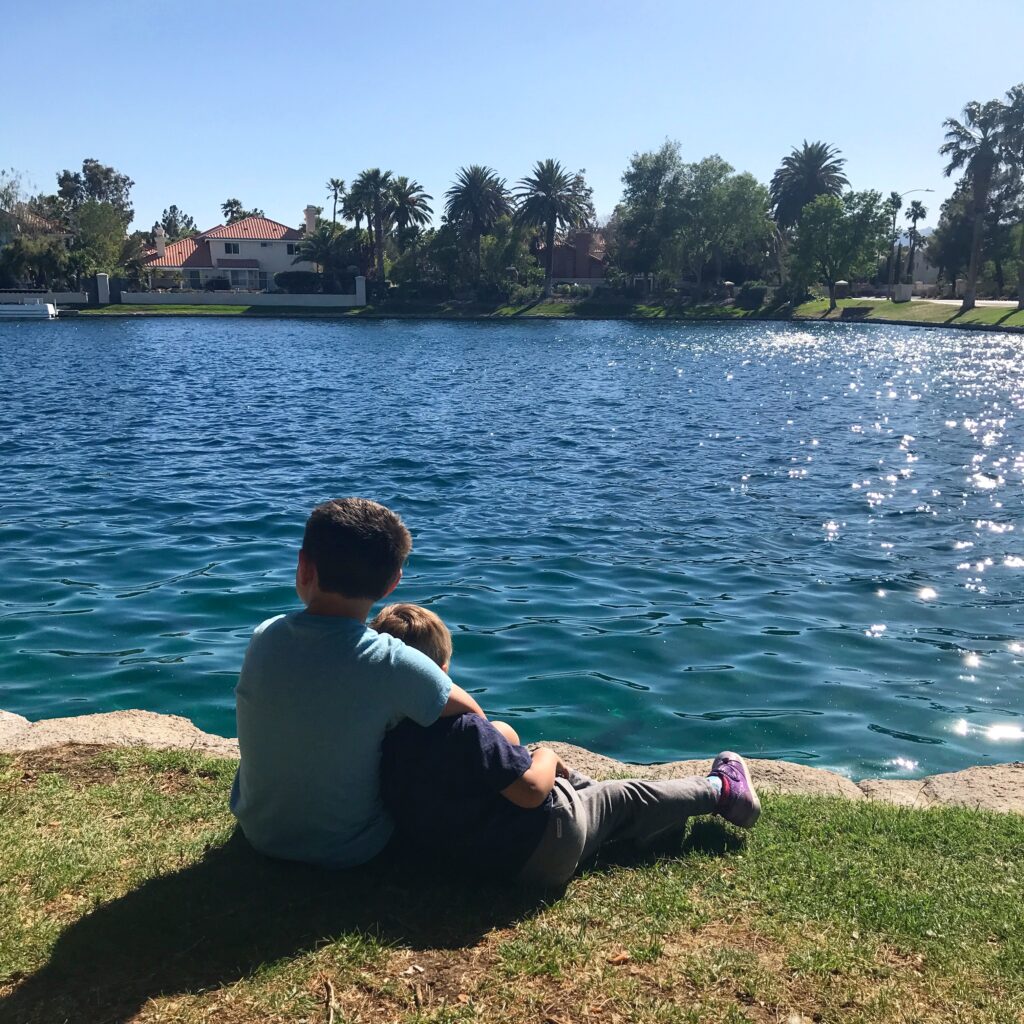
If you find yourself able to, it’s also great to think about ways that you can be someone’s support. Whether you know anyone currently in need of assistance or not, think about ways that you can help those in your community. This might mean actual volunteering, either at the school, a charitable organization, or a group like Boys and Girls Club of America, United Way, Big Brothers Big Sisters, or YMCA/YWCA. You might also just reach out privately to those in your community, like a neighbor or friend, to remind them that you’d be there for them if they needed you.
Ready to get started? You can learn more about ACEs and how to create positive childhood experiences at the CDC website here.

Leave a Reply